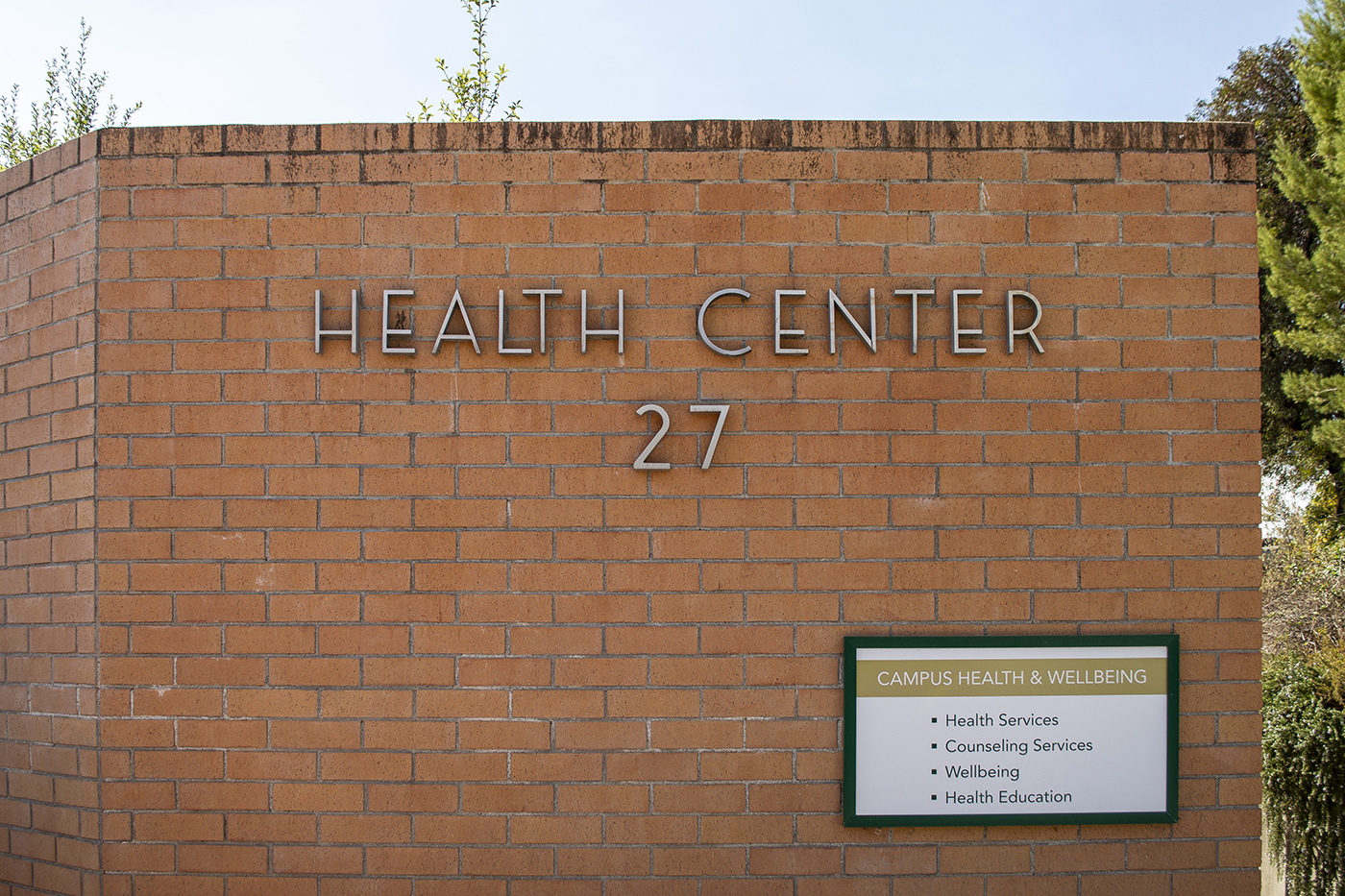According to California State University (CSU) Immunization Requirements (Executive Order 803), students are permitted to attend a CSU for up to an entire academic year before providing proof of full immunization upon the campuses’ discretion.
University Spokesperson Matt Lazier wrote in an email to Mustang News that the CSU immunization policy requires proof of measles, mumps and rubella (MMR) vaccines within one year of enrollment and for students who are 18 years old or younger when starting at a university must show proof of Hepatitis B immunization. Lazier wrote that Cal Poly follows these rules. Religious exemptions and exemptions for Distance Learning students are allowed.
On March 5, a Cal Poly student was diagnosed with Varicella, otherwise known as Chicken Pox. The Varicella vaccine is not one of the required vaccinations, according to Lazier. Only the MMR and Hepititus B vaccines are required.
“Students who do not provide proof of full immunization by the beginning of the second term of the academic year (i.e., fall, winter, spring) shall not be allowed to enroll in future classes until proof of full immunization has been provided to the campus,” the Cal Poly Immunization Policy reads.
How a student may bypass vaccinations past their second term
In January of 2016, Governor Jerry Brown passed a bill titled “SB 277,” which banned the “personal or religious belief” vaccination exemption for schools. Currently, students can be exempt from immunization if forms are submitted by a physician stating that it would be medically unsafe for the individual to be immunized.
After Brown’s bill passed, the rate of medical exemptions nearly quadrupled, according to a study by the Journal of Pediatrics.
Currently, the CSU-wide immunization policy is under revision. According to Lazier the revised EO 803 will go into effect Fall 2o2o.
Because the E.O. 803 is not yet revised, all students who either received vaccinations or were exempt while attending California Public School have satisfied the requirement to be admitted into the CSU System.
“Students enrolled in a California Public School for the seventh grade or higher on or after July 1, 1999 will have satisfied this requirement,” Chancellor Charles B. Reed wrote in the E.O. 803.
In an Immunization requirement form posted on Cal Poly’s website, the form states that “students who graduated from a California Public high school after January 2005 do not need to complete and submit this form to provide proof of immunization against Measles, Mumps, Rubella and Hepatitis B.”
However, due to the permissible “personal belief” exemption that was in place prior to 2016, there is no promise that all public school kids were vaccinated, according to County of San Luis Obispo Public Health Department Health Agency Communications Coordinator Tara Kennon.
“While the state public health department and local school systems would have recommended that people who attended public school in [California] receive immunizations, personal belief exemptions were allowed until 2016 — so there was no guarantee that all public school students would be vaccinated,” Kennon wrote.
Data collected from the California Department of Public Health concluded that in San Luis Obispo County the overall average percentage of students up to date on their vaccines in the 7th grade public school system was 96.78%. The county-wide private school system’s percentages were significantly lower, at 89.8% up to date in the 2017-2018 school year. In order to prevent measles from spreading, 90 to 94% of people must be vaccinated in order to achieve “herd immunity.”
Measles, Rubella, Meningococcal and Hepatitis B vaccinations are discussed in the Executive Order 803. CSU students are required to provide proof of either Measles, Rubella and Hepatitis B vaccination or medical exemption. “Specified Student Groups” have additional immunization proof requirements.
“These groups include students who reside in on-campus residence halls, students whose primary and secondary schooling were obtained outside of the United States, students who are enrolled in dietetics, medical technology, nursing, physical therapy and any practicum, student teaching or field work involving pre-school age children or taking place in a hospital or health care center,” the Executive Order 803 reads.
In regard to the Meningococcal immunization, the University is required to educate all incoming students on the disease, and each student is required to submit a form stating whether or not they chose to receive the vaccine.
Editor’s note: This story has been updated to reflect that Cal Poly or EO 803 do not require the Chicken Pox vaccine and EO 803 will go into effect in Fall 2020.

